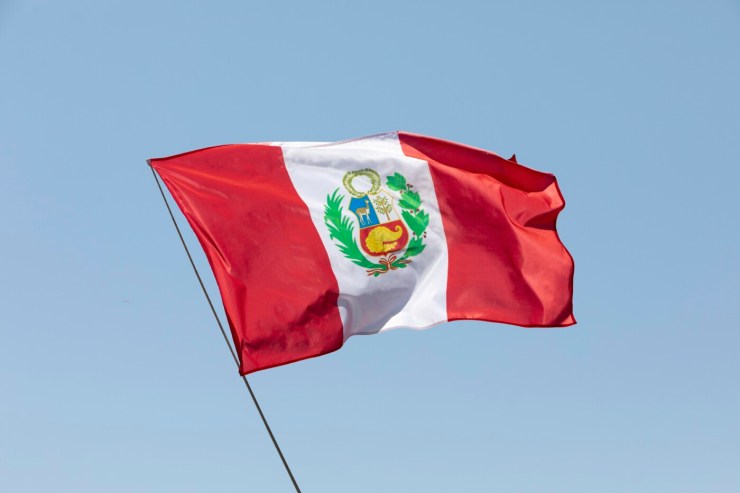With the aim of modernizing and integrating export operations via air transport, the Ministry of Ports and Airports announces the creation of the Brazilian Integrated Authorized Economic Operator Program (ANAC - Integrated Economic Operator Program). The initiative, the result of a partnership between the National Civil Aviation Agency (ANAC) and the Federal Revenue Service, was made official this month through a joint ordinance and aims to boost Brazil's competitiveness in foreign trade, reducing bureaucracy and logistics costs.
The unprecedented certification will be granted to exporting companies that use air transport, allowing their cargo to be handled with greater agility, safety and priority. The main benefits include scheduling unloading at terminals, classification as “known cargo”, with differentiated treatment by airlines and airports, and exemption from primary inspection, which significantly reduces processing time.
“Air transport is a fundamental link in the Brazilian logistics chain. This integration represents a leap forward in modernization and competitiveness for Brazil. We are delivering a safer, more agile and efficient system for exporters and, at the same time, more advantageous for consumers,” highlighted the Minister of Ports and Airports, Silvio Costa Filho.
Impacts on air exports
The measure comes at a strategic time. In 2024 alone, Brazil moved 394.6 million kilos of air cargo destined for overseas destinations. In 2025, consolidated data from January and February indicate a movement of 59.1 million kilos. The expectation is that, with the implementation of the program, these numbers will be even higher, accompanied by greater efficiency and lower costs per operation.
The Integrated AEO-ANAC also directly contributes to reducing deadlines. Currently, many companies need to make their cargo available up to 12 hours before a flight. With certification, this time can be optimized, which represents a significant gain in planning and capacity to respond to international demand.
Reflections for the sector and the consumer
According to the National Secretary of Civil Aviation, Tomé Franca, the new model represents a structural change in air cargo transportation in Brazil. “This measure is the result of a technical and strategic effort to transform air cargo transportation. The productive sector wins, the airports win, and Brazilians win. With less bureaucracy and more technology, we are placing civil aviation at the center of national economic growth,” he said.
The Federal Government expects that the efficiency gains provided by certification will also be reflected in the final price of exported products, making Brazil an even more competitive partner in the international market.
How to get certified
Companies interested in obtaining the OEA-Integrated Anac certification can now apply for accreditation through the Single Foreign Trade Portal (Siscomex). The process is simple and digital, with the following steps:
- Access the Siscomex Single Portal;
- Select the “Enable Company” option;
- Fill out the form and choose the desired options;
- The system analyzes the company's data and issues an opinion;
- If approved, the company is qualified;
- If additional documents are required, a list will be provided to be sent.
The program represents more than just certification: it is a new, integrated and efficient export model that reinforces Brazil's image as a reliable partner in international trade and paves the way for future collaborations between regulatory bodies and logistics operators.




